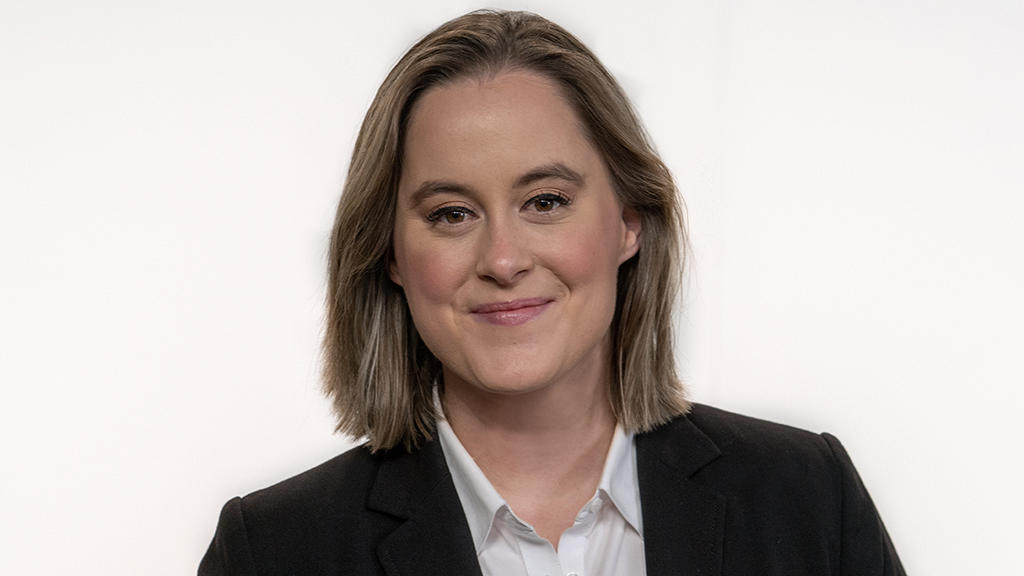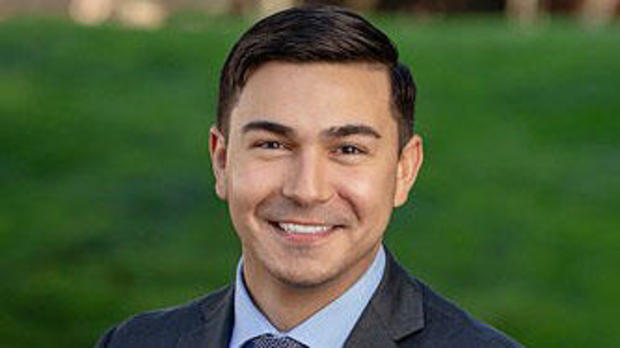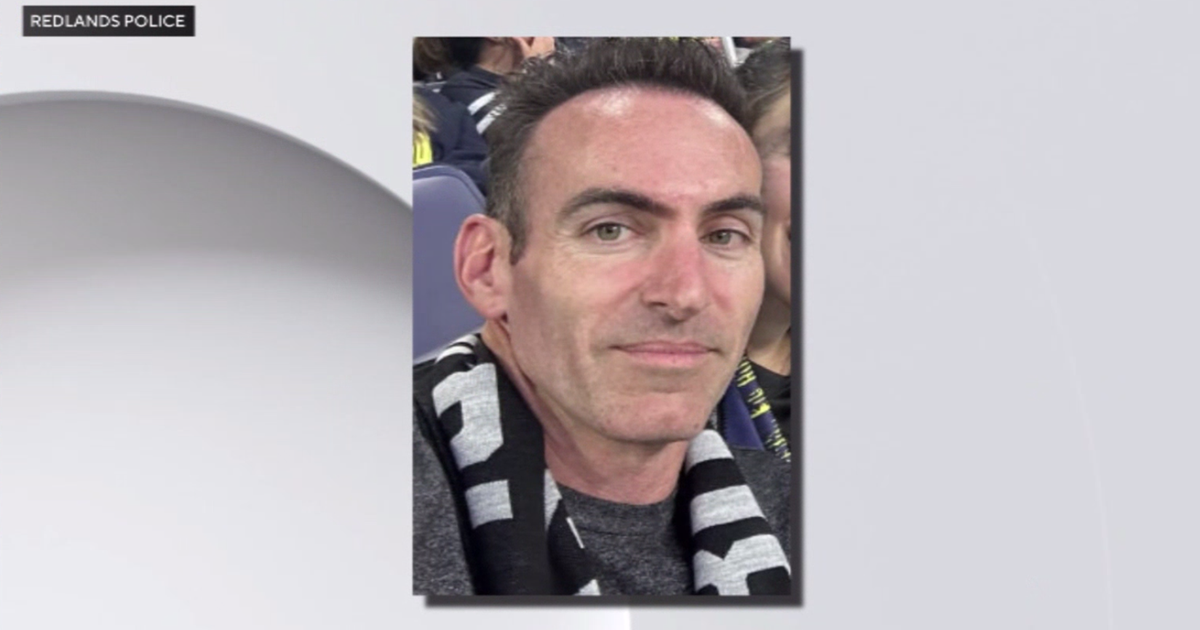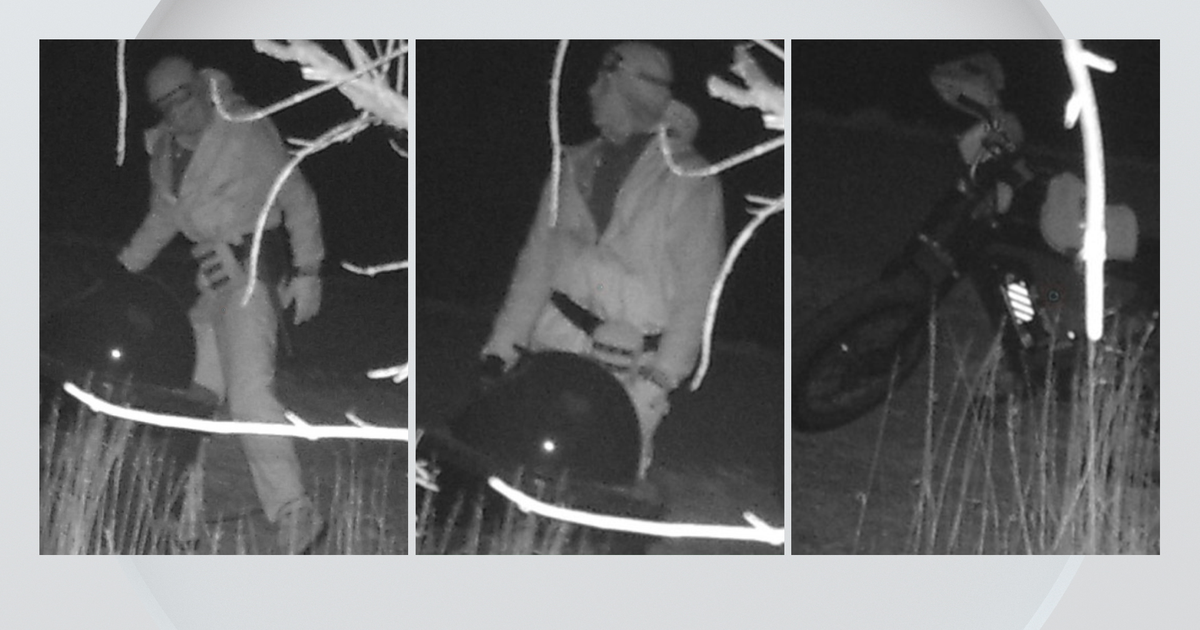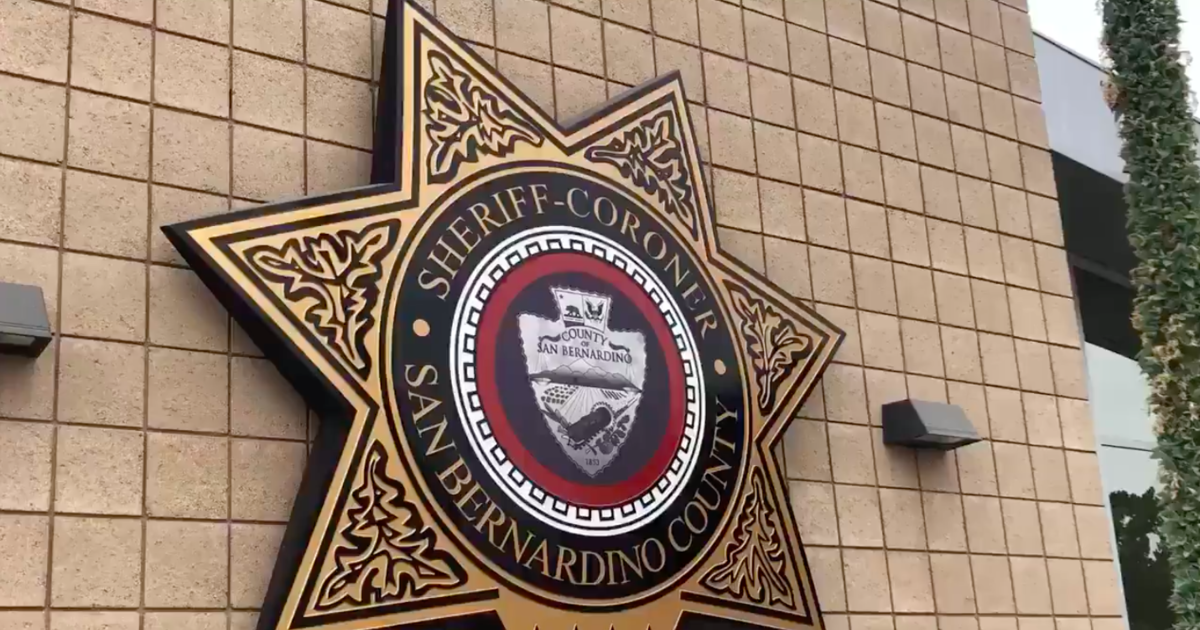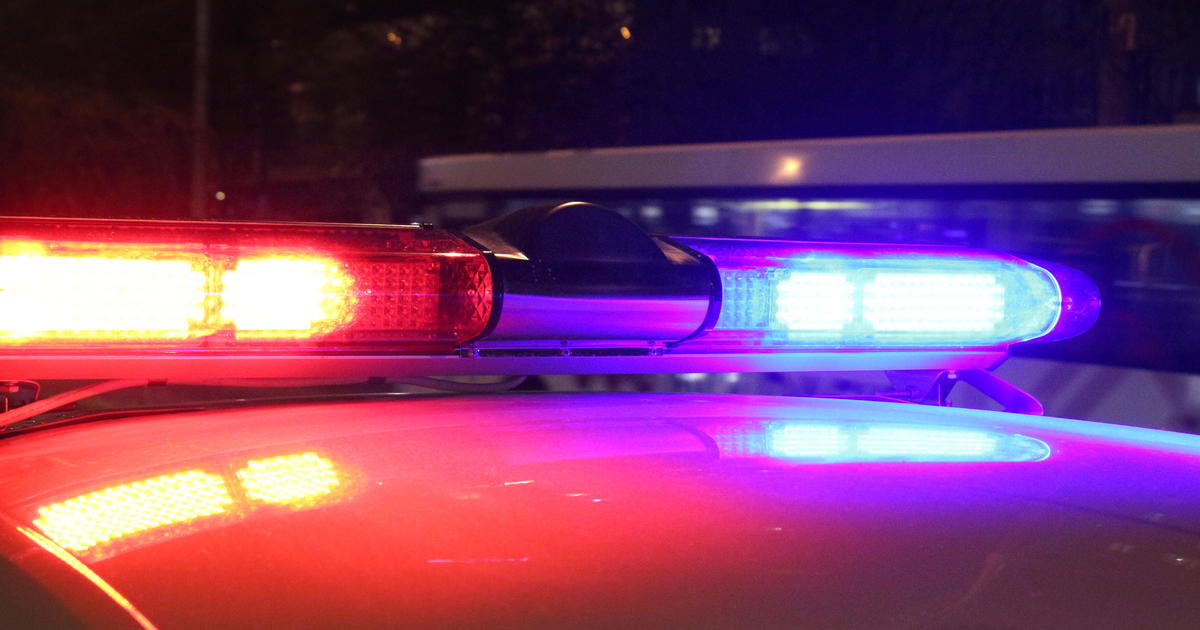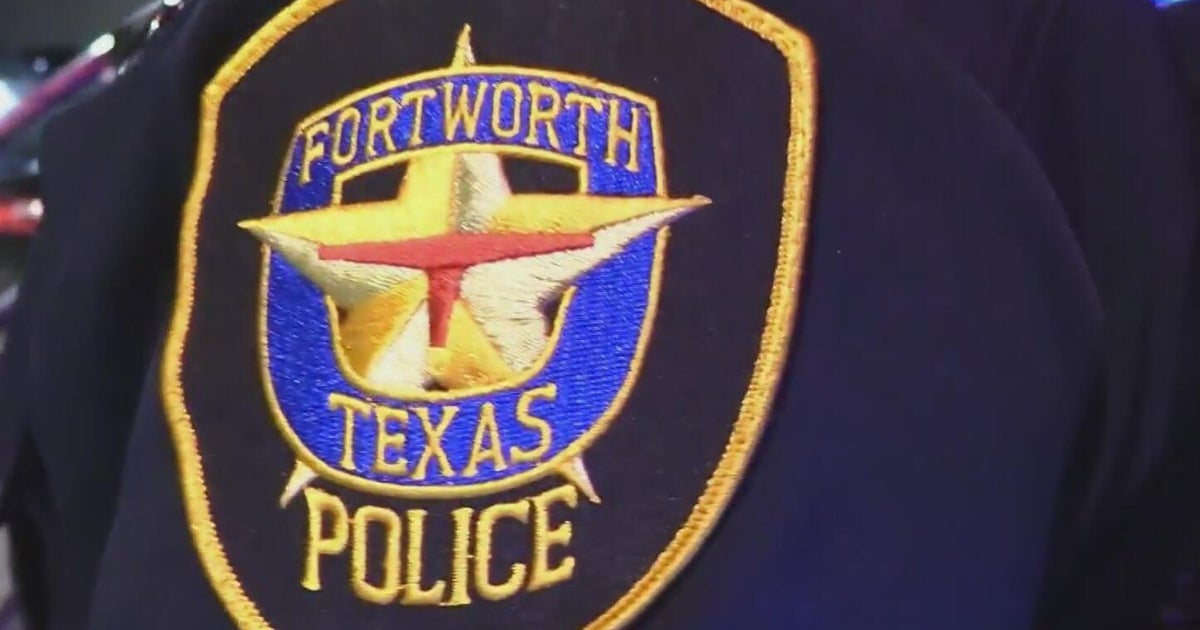Matthew Nilo, lawyer accused in Boston rapes, arrested with help of genetic genealogy
BOSTON - Detectives used genetic genealogy to arrest Matthew Nilo, the attorney accused of raping and kidnapping several people in Boston back in 2007 and 2008. And it's possible police could use the same technology to help solve other cold cases.
The 35-year-old was arrested in Weehawken, New Jersey this week in connection with rapes and kidnappings in the Terminal Street area of Charlestown.
"I've owned property in Charlestown for 30 years, I have a daughter and so any way to make the community safer, a safe place for women, that's a good thing," Charlestown business owner Herb Harvey said.
Those relentlessly working to solve the crimes refused to let the cases run cold.
"Investigators never stop collecting evidence analyzing evidence and running down leads in order to bring dangerous offenders to justice," said Suffolk County District Attorney Kevin Hayden.
Hayden, Boston Police Commissioner Michael Cox and FBI Special Agent in Charge Joe Bonavolonta announced the multi-agency arrest, touting a new technology for ultimately confirming Nilo as the suspect involved.
"This arrest culminates the investigation that employed the use of forensic genealogy from recovered evidence. All four cases are DNA connected," Cox said.
Investigators used forensic genetic genealogy to match the suspect to his alleged victims, but how does it work?
"They probably recovered a seminal sample from the victim and from there they built a DNA profile," says Michael Brophy, a Boston-based professional forensic genealogist.
"If they have somebody in mind and that's going to obviously prove it because DNA doesn't lie, but often times it is not the case," he said.
Brophy explains if the suspect hasn't willingly uploaded his DNA into a public system, investigators could match the DNA to a relative and follow the trail.
"They will take the first cousin or aunt or profile they've got a close match to and they will build the family tree. There are folks out there that are sort of becoming unwitting informants to putting their relatives in prison because their freely uploading DNA into databases," says Brophy, who believes investigative genetic genealogy could mean closure for countless victims in the future.
"I think we can expect a ton of crimes to be solved that are decades old," says Brophy.
The Suffolk County DA is handling the prosecution of Matthew Nilo, who is facing several charges including three counts of aggravated rape two counts of kidnapping.
